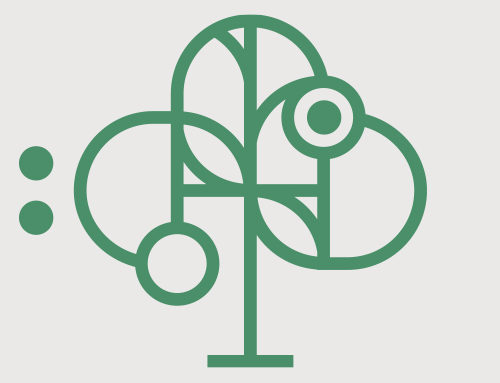In an article on Sound Delivery Media I discuss ‘Why should you care about care’.
Excerpt:
Picture a child you know and love. Now, picture them in the care system. The number of children being taken into care has been rising for a decade, while funding for children’s social care has been steadily falling. We are your neighbours. We go to school with your kids. We could be your kids. We could have been you.
Imagine – at six years old, your single mum gets ill. Your dad was a veteran and passed away before you remember and now your Mum has a thing called cancer. Before you know it, you’re in care, being passed from pillar to post in sad, off-white rooms with broken toys, odd smells, and strangers talking in a language you don’t understand. No-one looks at you. No-one really talks to you. Everyone talks about you, often in front of you, but not to you. Everytime you enter a room, you feel like you’re interrupting. You live with strangers and a kid who keeps kicking you when they’re not looking. Doesn’t feel much like a safety net, parent or a ‘care’ system, does it?
